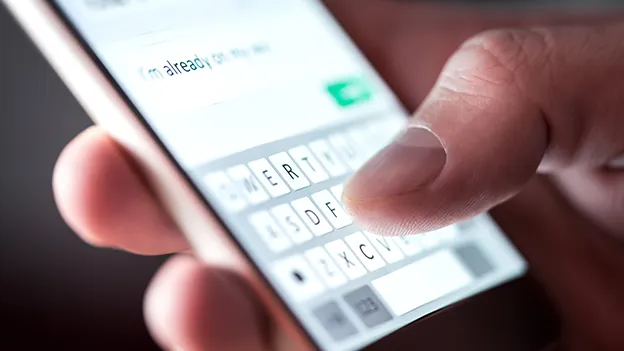WhatsApp as Evidence: The Gerritsen Decision and What It Means for Litigators

WhatsApp as Evidence: The Gerritsen Decision and What It Means for Litigators
Written by Gomolemo Leeuw (candidate attorney) (BA Law, LBB)
Published on November 10, 2025
Gerritsen Trading CC t/a Gerritsen Drilling SA v. Blydskap Holdings (Pty) Ltd (2024/146798) [2025] ZAWCHC 400 (27 August 2025), a recent Western Cape High Court ruling, has confirmed what many lawyers have long suspected: WhatsApp exchanges are no longer casual sideshows. They can be used as evidence in court if handled appropriately.
What Gerritsen Says About WhatsApp Evidence
Acting Judge Cooke began his ruling in this case by candidly acknowledging that WhatsApp communications, which are time-stamped and frequently conversational by nature, can provide an impartial window into the intentions, agreements, and expectations of the parties at a specific point in time.
Interestingly, the texts were not considered supplementary evidence by the court. Rather, it regarded them as important to the case and accepted them without hesitation. The implication is clear: WhatsApp communications may have the same probative weight as conventional written contracts or oral agreements if they are properly contextualized and unopposed.
Authenticity: The Unspoken Precondition
Although a challenge to the messages' authenticity was not raised in the Gerritsen ruling, it is clear from its logic that courts will nonetheless demand a strong foundation in cases where authenticity is contested.
Screenshots alone will not be enough when parties disagree on the veracity or content of WhatsApp messages. The following still needs to be demonstrated, frequently by giving testimony:
Put another way, litigants still need to substantiate their claims in the digital age. Although it can help, Section 15 of the Electronic Communications and Transactions Act (ECTA) does not negate the necessity of foundational reliability.
Practical Illustration: How a Text Can Win a Case
To bring the point home, consider a viral anecdote posted by @Zweli_Thixo (a.k.a. "God Guluva") on social media:
I was confused. 'But it’s only R20,000!' He said, ‘Trust me.’
I did it. The person replied: ‘What! You’re crazy. I owe you R20,000, not R50,000!’
Mr Mongwane smiled. ‘Take a screenshot. That’s your evidence.’
(10:28 2025/10/02)
Even if this story is humorous and comes from an unreliable source, it demonstrates a basic legal principle: an admission against interest, even in a casual WhatsApp message, can be strong evidence.
This kind of communication essentially gets around the requirement for a formal written agreement or IOU. It documents the debtor's acknowledgement of the debt in their own words. The evidence value is indisputable, but caution must still be exercised to establish authorship and avoid disagreements concerning manipulation.
Conclusion: A Double-Edged Tool
Gerritsen's message is clear: WhatsApp messages are now subject to the evidentiary rule. Depending on how they are utilized, stored, and presented, they have the power to conclusively establish facts, bolster assertions, or even weaken a party's case.
However, litigators need to exercise caution. Despite their seeming informality, conversations have significant legal implications. When WhatsApp is used carelessly, it may become a trap, converting thoughtless remarks into embarrassing admissions. But when used well, it can strengthen your argument by providing direct, up-to-date information that no affidavit can equal.

Gomolemo Leeuw
Candidate Attorney
Why you should choose us
At MW Attorneys we believe that quality of services counts and not quantity. We believe in sincere and continuous communication with our clients and we strive to deliver services of the highest quality, as we have been doing since 1997. We regard our clients as our most important asset!
MW Attorneys has a proven track record since:
1900
